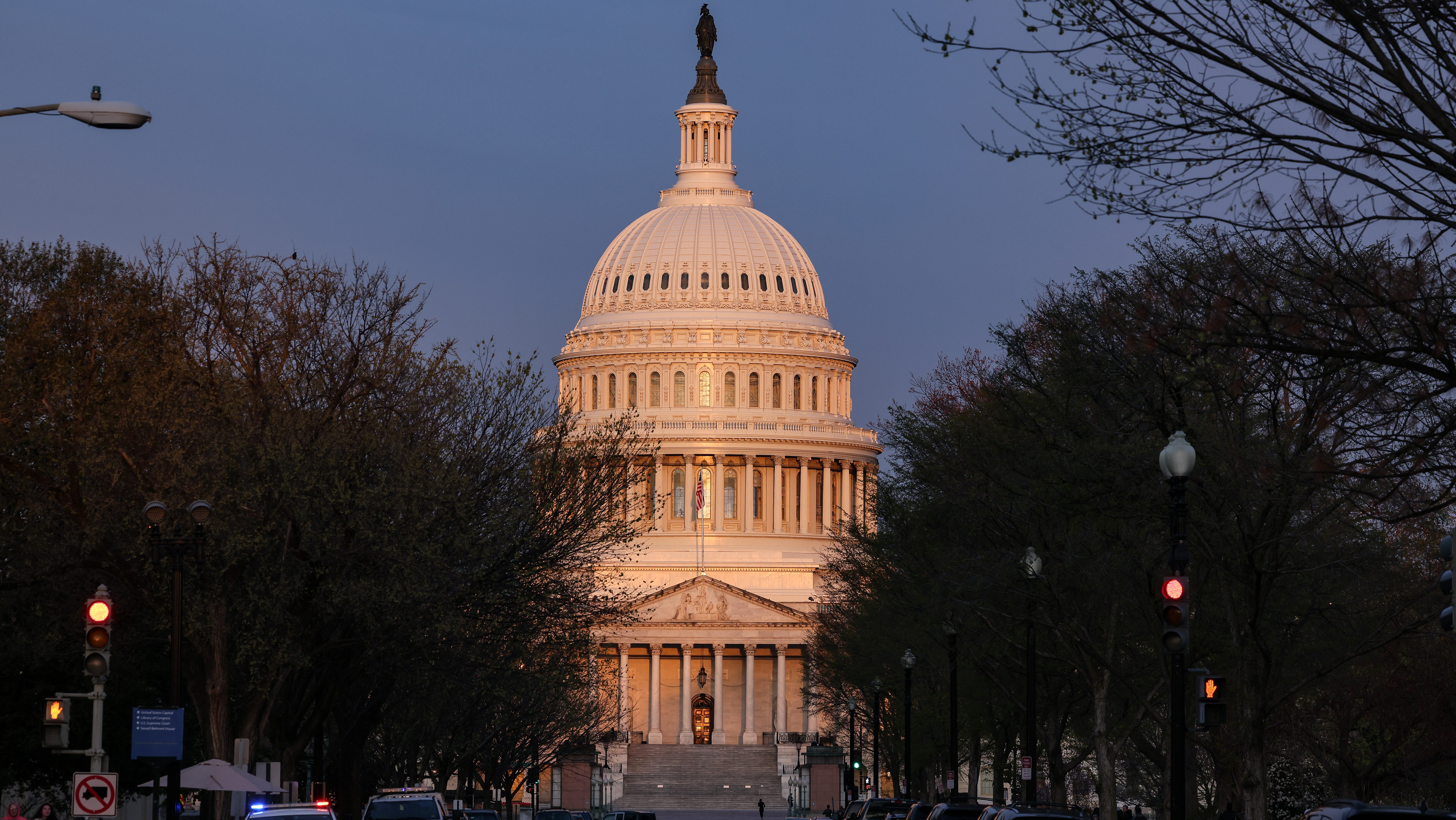The two contenders for state attorney general -- San Francisco District Attorney Kamala Harris and Los Angeles District Attorney Steve Cooley -- are arguing over Cooley's decision to accept campaign contributions from politicians his office has been investigating.
It's not yet clear whether the contributions were attempts to influence the investigation or whether they are completely unrelated, as Cooley's aides claim.
What is clear is that such contributions create perception problems for a justice system that must appear to be fair.
What's also clear is that there is a solution that would prevent the problems of attorneys general accepting campaign contributions from people they investigate.
That solution? Stop electing state attorneys general.
The attorney general position, like other statewide executive offices (lieutenant governor, state controller, treasurer, insurance commissioner, superintendent of public instruction), is at risk for corruption -- and the appearance of influence-buying -- precisely because it's an elected position. And there's no reason why the attorney general couldn't be appointed by the governor. The federal government seems to have survived with an appointed attorney general.
There would be other advantages to having an appointed attorney general. Under the current system, the AG is supposed to represent the governor in court -- but, when both positions are elected, the AG may be of an entirely different party or philosophy than the governor.
U.S. & World
News from around the country and around the globe
Letting the governor appoint the AG should make sure that the executive branch speaks with one voice on important legal matters.
Let us know what you think. Comment below, send us your thoughts via Twitter @PropZero or add your comment to our Facebook page.



